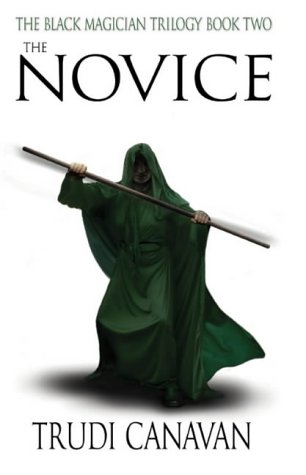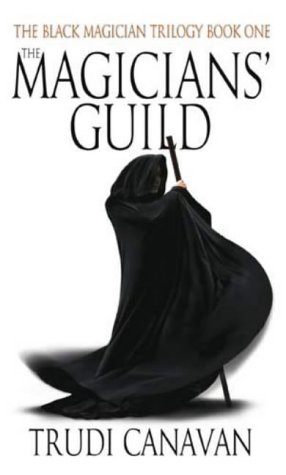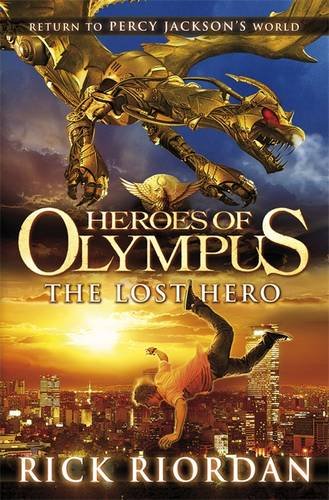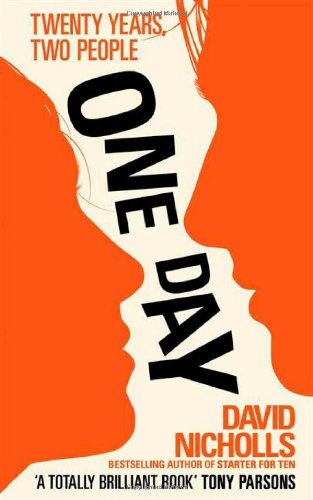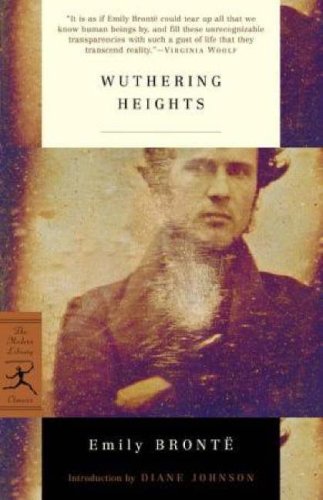19/08/2011
4
The Novice by Trudi Canavan was interesting for me but most readers would say it was boring and nothing happened. And, because I’ve read a lot, I kind of agree.
The majority of this book takes place in the University and we follow Sonea as she begins to really learn magic and the bullying that goes on. As the ‘slum girl’ the other novices mistreat her and bully her. She tends to hold her own (which leads to interesting, yet now well-repeated suspicions about her power) but eventually it gets unbearable for her. Reading this made me genuinely angry, more so than one might expect from such a fantasy book. I hated that the ‘nobles’ did this to her, but understood the need to remind us why we agree with Sonea and perhaps why Sonea needed it in order to stay herself. Thankfully, it isn’t gruesome: just the kind of bullying that wears someone down and all but destroys their character.
There wasn’t a great deal of character development that I noticed or remember besides maturity in Sonea. In this book, it seemed that the focus was on our protagonist reacting to antagonistic secondary characters and the primary antagonist. The two parts I found most enjoyable to read was Dorrien’s visit- and we all knew where that would lead- and the original part when the High Lord stepped in and Sonea’s situation changed. I found it very intriguing to notice the change in her life.
The highlight of the book was, for me, the lessons. Some would hate this but I loved watching Sonea advancing and getting better and actually the lore that some of the lessons delved into. The combat lessons were made to be the most interesting by the fact that they had action and adversity in them. It was also marvellous to see Sonea’s magical strength compared to her fellow novices and also how she occasionally surprised them with an unexpected technique or strategy.
The other part to the story told of Dannyl’s new role of ambassador and we watch him as he learns about ancient magic. The lore side of this is interesting, but also is seeing the other Allied Lands and their customs and people. Tayend, I think, was a nice addition to the novel because I haven’t personally seen as many homosexual characters in books as I’d expect. And he was scholarly, which was nice. Frankly, he was a librarian so I felt little endeared to him merely because he was bookish.
Ultimately, it wasn’t a bad read, and the last scene was great to read. However, even I felt a little let down at the end because I thought something more earth-shaking might have happened at some point in the book: as it happened, they were all relatively unimportant.
